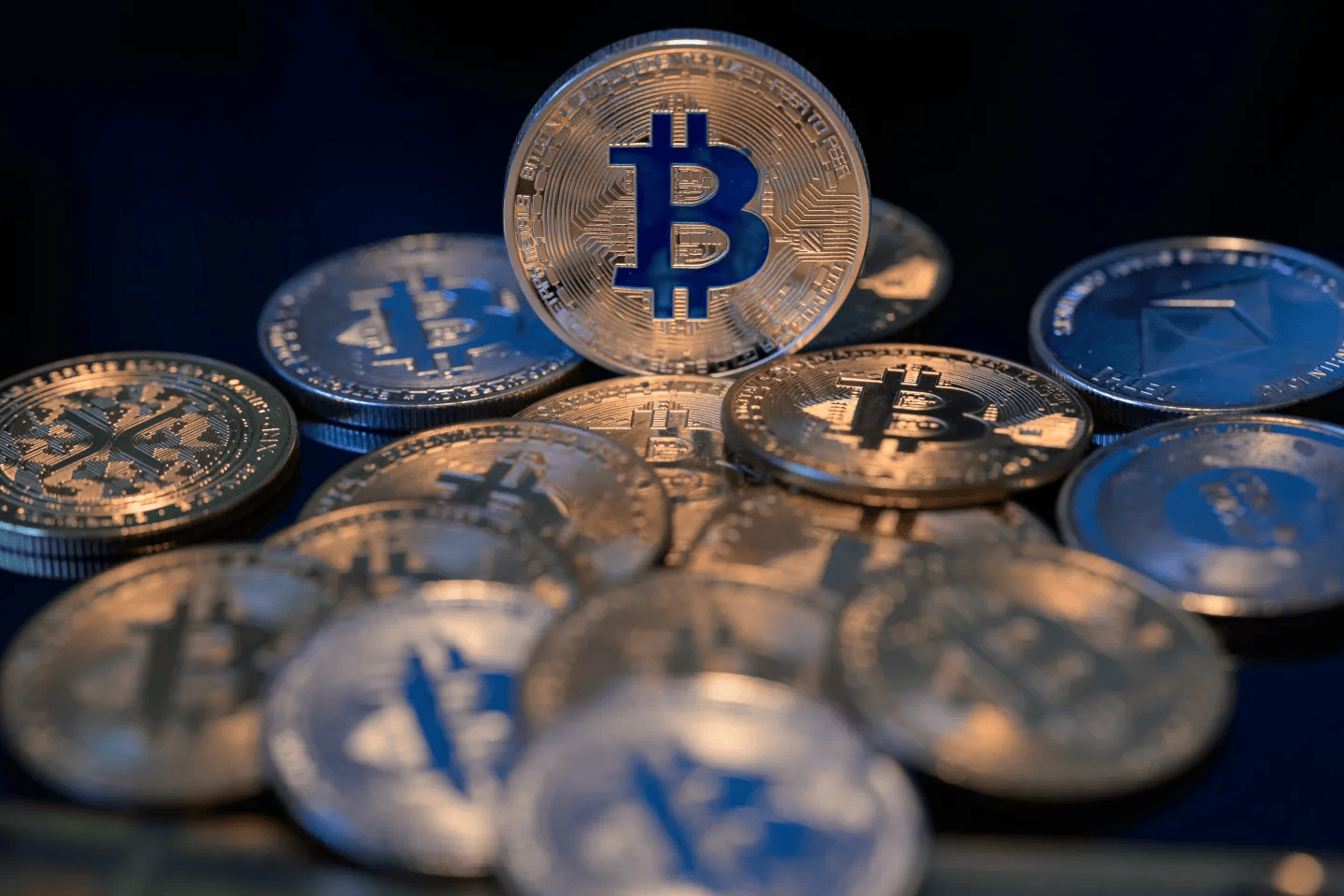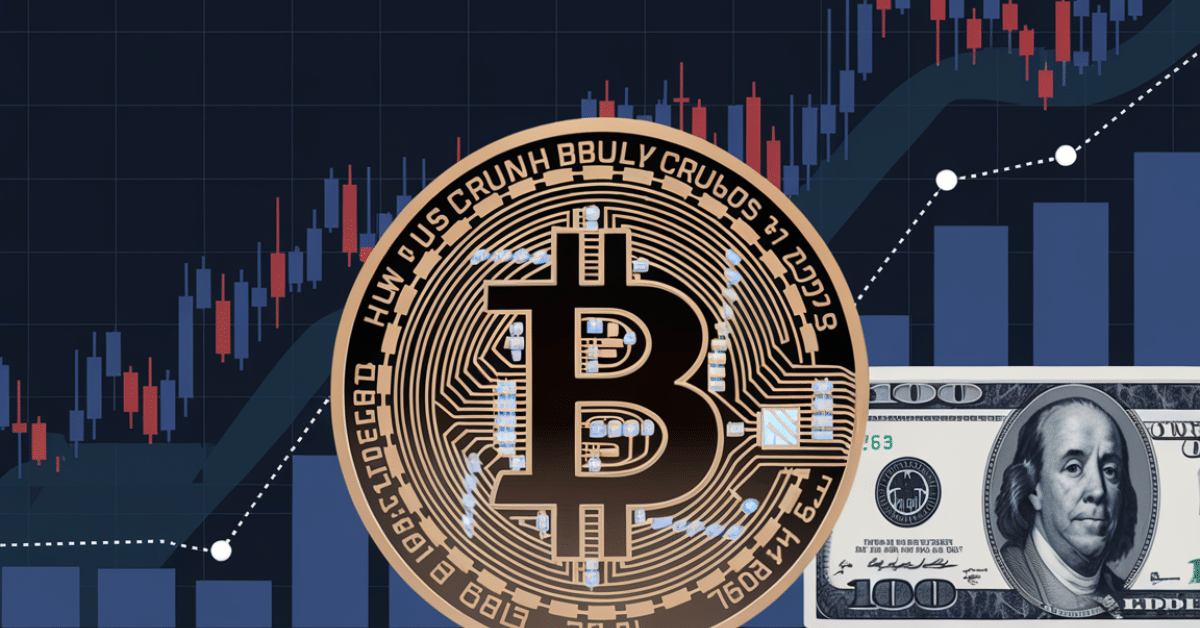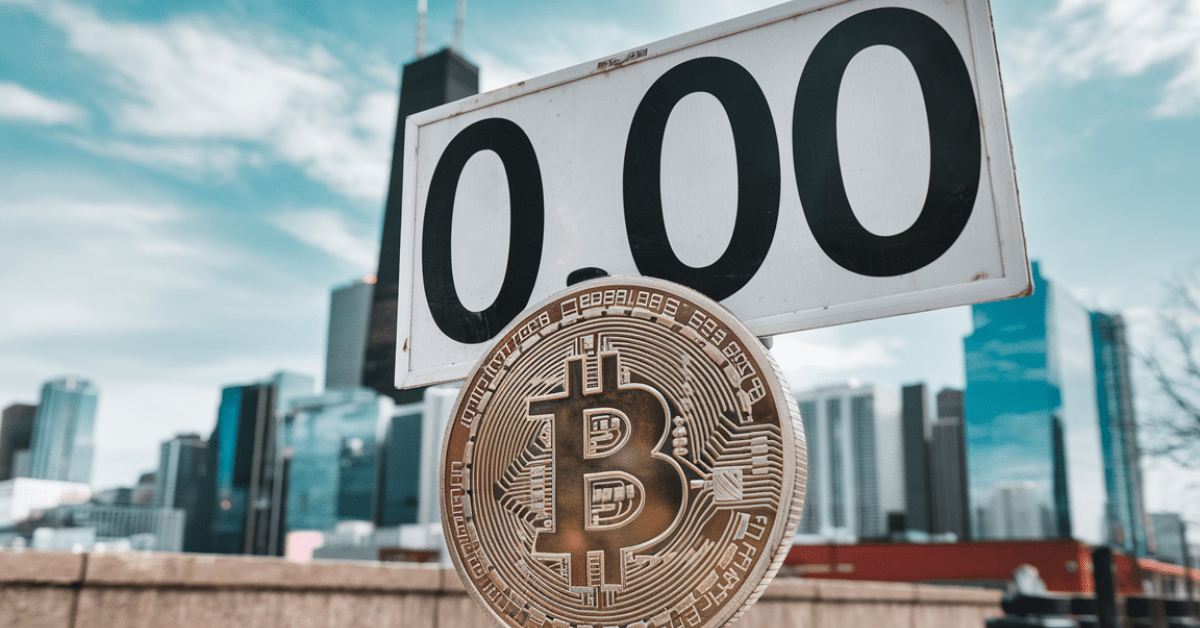Key Takeaways
- Governments are accumulating Bitcoin, often through law enforcement actions.
- Countries have adopted Bitcoin through various means, including direct purchases, mining, and accepting donations in exchange for citizenship.
- Government decisions to hold Bitcoin are influenced by economic factors, such as seeking alternative currencies, and political factors, such as addressing corruption.
While Bitcoin’s adoption varies across nations, several governments have accumulated Bitcoin holdings. Here’s a look at some of the top countries:
United States
The United States government is the largest holder of Bitcoin, with approximately 215,000 BTC. Much of this Bitcoin was likely acquired through seizures from criminal activities. The U.S. has taken steps to legitimize Bitcoin, with states like Wyoming recognizing it as legal tender. However, it’s important to note that the amount of Bitcoin the U.S. government holds may vary.
China
The Chinese government now holds roughly 190,000 BTC, valued at approximately $13.20 billion. Many of these Bitcoins were confiscated from the PlusToken Ponzi scheme, one of the biggest cryptocurrency frauds, which lured investors with promises of up to 30% returns.
United Kingdom
The UK holds around 61,000 BTC, primarily seized from money launderers. These Bitcoins were confiscated from Jian Wen and Zhimin Qian, two individuals who used Bitcoin for illegal activities. The UK government’s holdings are valued at approximately $4 billion.
Related Article: How To Buy Bitcoin And Cryptocurrencies In The UK
Ukraine
Approximately 12.7% of Ukrainians hold Bitcoin, with around 5.5 million individuals owning the cryptocurrency. The Ukrainian government possesses 46,351 BTC, which were seized from Yury Shchigol, a former government official facing corruption charges like other governments on the list.
El Salvador
El Salvador began acquiring BTC in 2021, and as of February of this year, its holdings of 5,690 BTC are valued at over $397 million, representing a profit of more than 40%. President Nayib Bukele, who championed Bitcoin adoption in El Salvador, implemented a program that contributed to the country’s Bitcoin revenue by granting expedited citizenship to immigrants who donate BTC to the government.
Bhutan
With 621 BTC and a net worth of $24.61 million, Bhutan began mining Bitcoin in 2019, when its value was around $5,000 per BTC. The price has surged to over $60,000, an all-time high.
Venezuela
The Venezuelan government currently possesses 240 BTC, while 10.30% of the population holds some Bitcoin. In 2018, the government ventured into the cryptocurrency market by launching Petro, allegedly backed by the country’s oil reserves. However, Petro was discontinued in 2022 following corruption scandals.
Georgia
The Georgian government currently holds around 66 BTC, valued at approximately $4.2 million.
Finland
In 2018, the Finnish government confiscated 1,889 BTC from various narcotic cases. These Bitcoins were forfeited to the state and subsequently sold in 2021 for $48 million. Currently, the country retains 90 BTC.
Germany
The German government seized around 50,000 BTC in 2018 from individuals involved in fraudulent activities. According to the national police, this seizure was the largest in German history, with a combined value of over $2 billion.
These countries’ holdings demonstrate the growing acceptance and recognition of Bitcoin as a valuable asset. As Bitcoin’s adoption continues to expand, we can expect to see these numbers grow further.
Related Article: How To Buy Bitcoin And Cryptocurrencies In Germany
Final Thoughts
Many nations have acquired Bitcoin holdings, often through seizures from criminal activities. The strategies for adopting Bitcoin vary across countries, with some governments purchasing it directly while others mine it or accept donations.
Economic factors, like seeking alternative currencies, and political factors, like addressing corruption, influence government decisions to hold Bitcoin. As Bitcoin’s adoption continues to expand, we can expect to see more governments embracing cryptocurrency.
Check out these related articles.























